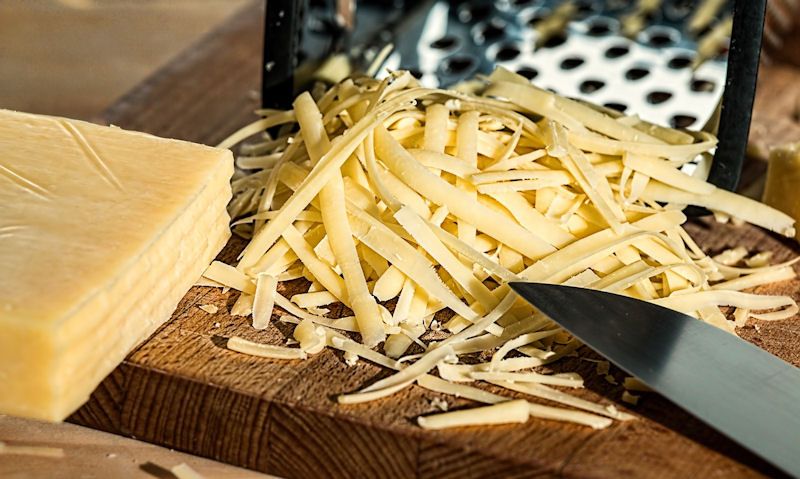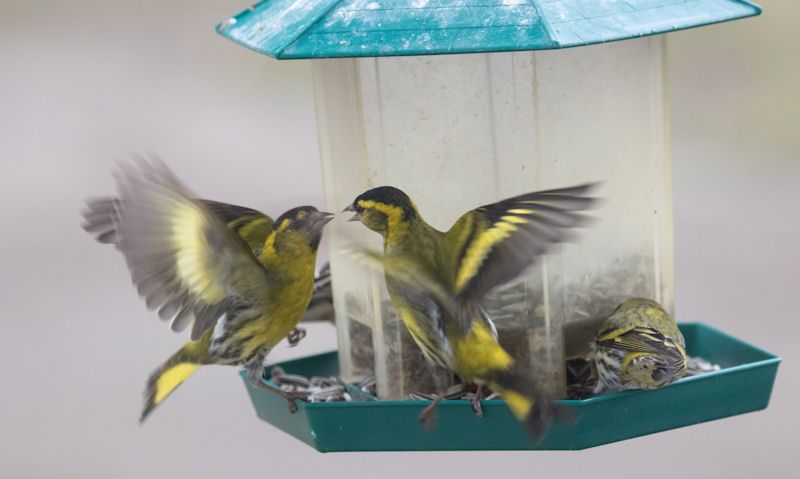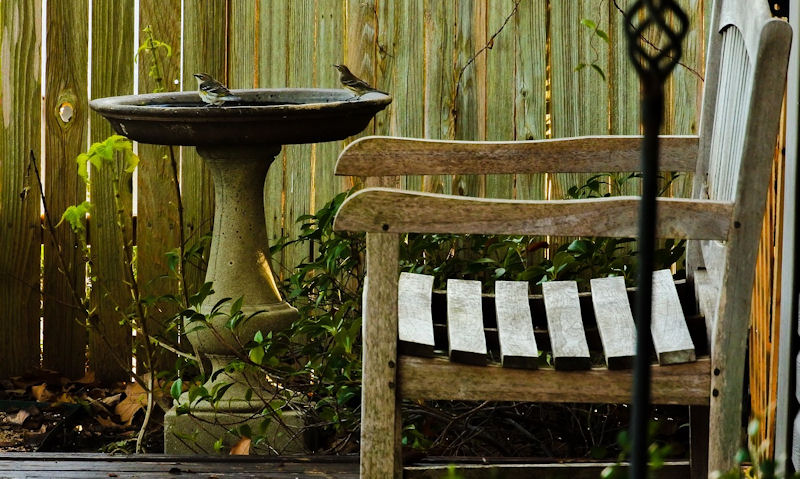Can wild birds eat cheese?
If you have cheese leftover in the fridge you can leave it out in the garden for the wild birds to feast on under the bird table, or on the hanging tray.
Its safe to feed wild birds fermented dairy products, so therefore all cheeses are safe for consumption. However, harder cheeses would be preferable to birds, even more so if you can offer it to them already grated. Mild cheddar should be a go-to cheese, though they can eat all types.
English cheeses would be a start; from mild Cheddars to Red Leicester, Wensleydale or Cheshire, while strong, vintage cheese should be left alone.
Though offering stronger, mature cheeses to birds won't effect them health wise, they are just more likely to take to mild options.
Its imperative you offer birds grated up cheese well using the very smallest or next size up holes on the cheese grater.
That way the cheese would be presented to all species of birds, rather than just those that can tackle a hard block.
Hard cheeses are all acceptable but if you must offer soft, spreadable cheeses then only provide a little bit at a time.
Cheese does have value in the nutritional sense, as its high in fat which is what birds need to consume without cold winter months.
All types of common British birds are likely to take to eating dairy products; Robins, Wrens, Tits or Sparrows - you just may be pleasantly surprised who shows up to feed.
Types of cheeses
Well wild birds can eat all types of cheeses - preferably mild - they will be willing, and so should you be offering them various choices.
This is particularly important if you're not getting any bites, as not all cheeses would be taken to so there's no harm in offering a variety over time.
We're not suggesting leaving out a cheese board with popular cheeses; it just might be wiser to offer birds different types over the coming weeks or months.
If you have finer, more expensive cheeses at your disposal then this would be perfectly acceptable.
But as we've said, Cheddar is a safe bet as yoy're guaranteed to get bites.
If using French cheese - Brie or Emmental - or even as far as cheeses of Italy; Ricotta, Mozzarella and Parmesan - apply the usual rules.
Make it mild varieties, grate it up into medium sizes and only offer the extremely soft cheeses in small quantities.
If you were paying attention, then you'll know we've tricked you; as Parmesen is strong well Brie can be very soft... well we were promoting the use hard, mild cheese.
Soft or hard cheese
Well we say only offer mild cheeses, that's not to say it has to be soft, as you might think, softer would be easier for birds to eat at the bird table.
Not true, all types of Cheddar's are hard cheeses and its this variety people would offer birds the most, and you'll be pleased to know birds will take to it.
However, soft cheeses, such as the spreadable kind would be suitable for wild birds also, but there's a snag.
Soft cheeses are messy, thus causing issues for wild birds if its get's into there feathers.
And what is the solution to this?
Well for one thing you may have to forget about feeding wild birds spreadable cheeses as to not take the chance.
But if you must, then make it so you can keep an eye on things throughout the day and see if they can control themselves, well keeping things nice and tidy.
Grated, mild Cheddar the best
Number one cheese you should be offering wild birds is the always available to hand, good old English Cheddar.
Often people will always have a small block of Cheddar in the fridge we no longer have use for, well allowing it to go past its best before throwing it away.
Don't do this, if you're not going to use it for cheese on toast or jacket potatoes, grate it up, and feed it to wild birds.
And its this grated option that is very important, if its grated then there's no block of cheese they have to somehow tackle to get a mouthful.
Small cheese blocks are both hard and light; not an ideal situation where a bird needs to bite into the block, well the light weight would simply keep moving it away.
With that in mind, always provide grated cheese to birds only.
Cheese eating birds
You'll be surprised how many small garden birds will take to trying cheese, among them Tits, Robins, Wrens or Dunnocks.
We can't say for sure if these common garden birds alone will eat cheese, as a matter of fact its highly likely you'll see most birds munching away on grated cheese.
However be warned, Cheddar or the use of bright, colourful European cheeses would sure attract the larger, more unwanted birds to your garden.
More so to birds that will be willing to feed off the ground, such as pigeons or seagulls.
Others include Blackbirds or Crows, so only leave out cheese during the early hours of the morning when the birds are more active in the garden.
Well they spend the time coming and going, when it starts quieten around the feeding area, it might be wise to remove the remaining cheese.
If leaving it out for to long you may see the nuisance birds arrive.
How to present dairy products to birds
If offering grated cheese to birds then you're going to need a way to present it to wild birds in a clean, easy to find location.
With that, your hanging feeders on the bird feeding station won't do; never insert grated cheese into the feeders as to avoid cross-contamination.
What you want to do is offer a pile of cheese on a flat surface.
For many people this surface would not be a bird table or hanging bird tray but simply the garden furniture table, a wall, fence or shed roof.
Location for presenting cheeses to birds would be under the covered wooden bird table, well the cheese stays out of the elements, it should also be out of direct sunshine.
And that takes us to the all important heat, in those hot summer days you may want to avoid offering cheese, well the rest of the year the food should always be in shade.
Feeding soft spreadable cheeses to birds in the garden is another matter.
Well you might want to mix up a little soft cheese in with the grated hard cheese, you can spoon a lump on the hanging or wall mounted feeding tray.
And only do so if you're prepared to clean up the mess later in the day, as to avoid unwanted mess and nasty bacteria building up in a short time.
Conclusion
You'll be pleased to know feeding cheese to wild birds is perfectly acceptable, and we're quite sure a relief to those of you who wish to offer them leftover cheeses.
Mild, grated Cheddar cheese is the one to be offering to birds, though all types of hard cheeses would be fine.
Grate cheese as small as you can would help the small garden birds feed, well all sizes would be of no concern to larger birds.
In leaving out cheese under the bird table or on the hanging feeding tray, you are likely to see wonders happening on the feeding area.
Robins, Wrens, Sparrows or Tits are likely to feed, which is just as well as they're among the most common garden birds in Britain.


